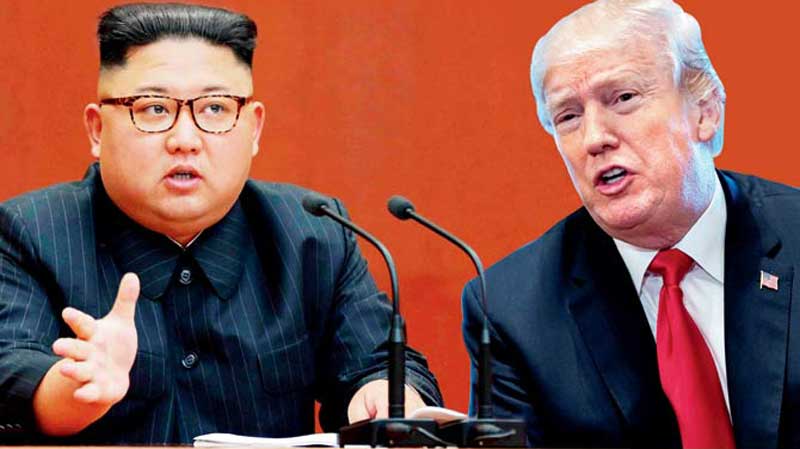×
The Standard e-Paper
Kenya’s Boldest Voice

North Korean state media have raised the possibility that the isolated country could "establish a new relationship" with the United States.
It comes a day before North Korean leader Kim Jong-un meets US President Donald Trump for historic talks.